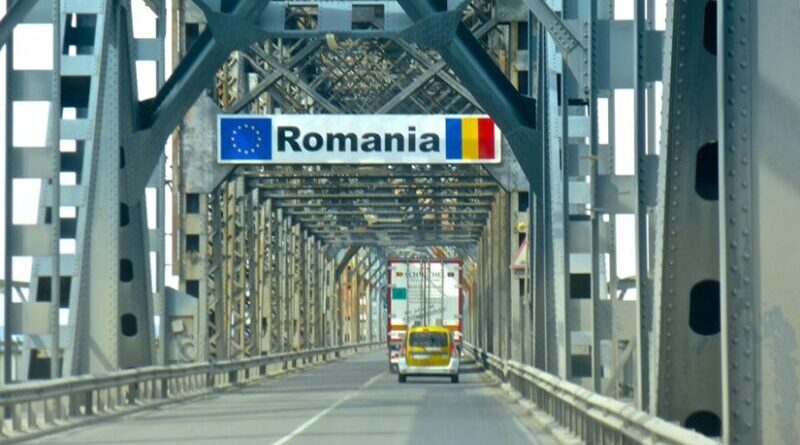Romania: Serb Arrested For Alleged Genocide In Croatia
By Ana Maria Luca and Sven Milekic
Acting on a European arrest warrant, the Romanian authorities arrested Stevan Budac for alleged genocide and “terrorist acts” against Croats and Hungarians in eastern Croatia in 1991.
Stevan Budac, 50, was arrested by Romanian border police at the Danube harbour customs point in the eastern city of Galati when he presented his passport on Saturday.
According to the Romanian police, Budac was held on a European warrant based on a court ruling from Osijek in Croatia which convicted him of committing genocide and “terrorist acts” against Croats and Hungarians in the village of Zmajevac in 1991-95, while he was part of an organised paramilitary group.
The crimes in Zmajevac were committed in late 1991 by Serbian paramilitaries as Croatian Serbs rebelled against the state authorities.
Budac is a Serbian citizen who lives in the town of Kikinda near the border with Romania and was working as a crew member on a Serbian ship which was on its way to Ukraine, the Romanian border police said.
The Appeal Court in Galati issued a 15-day arrest warrant in order on Saturday to comply with the European arrest warrant issued by Croatia, the Romanian police said in a press release.
Budac is currently in the custody of the Galati police.
According to the OSCE’s report on war crime trials from 2007, the Croatian Supreme Court in 2006 overturned Budac’s verdict, which was issued in his absence.
Zvonko Kuharic, the spokesperson for the state attorney’s office in Osijek, told BIRN that an indictment against Budac has been filed at Osijek county court for war crimes against civilians.
BIRN could not independently confirm whether or not Budac has already been convicted of the alleged crimes.

